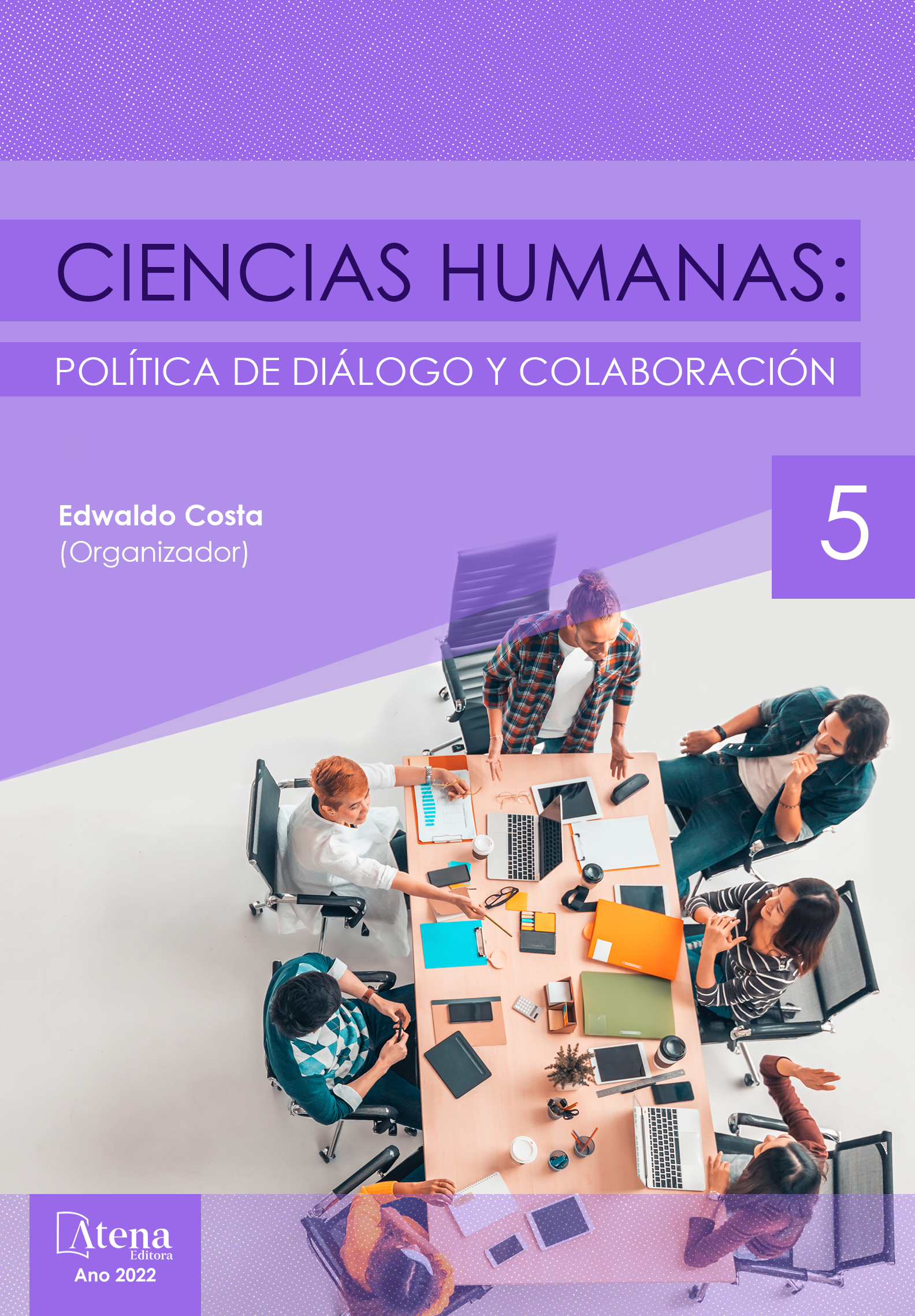
POLÍTICAS PÚBLICAS DE EDUCACIÓN EN COLOMBIA EN EL MARCO DEL COVID-19: EXACERBACIÓN DE LAS DESIGUALDADES
Colombia, entre las naciones suramericanas, es la que mayor índice de inequidad presenta en la distribución de sus recursos. En materia educativa, las desigualdades se evidencian en la imposibilidad de los estudiantes pobres para acceder a herramientas que ayuden a estimular los aprendizajes. Por ejemplo, mientas que en la zona urbana el 89% de los alumnos tienen acceso a internet; en la rural la cifra disminuye en un 26%. Sin embargo, durante la crisis sanitaria, producto del COVID-19, las brechas se profundizaron y las políticas públicas del gobierno no fueron lo suficientemente contundentes para evitarlo. Por tanto, el objetivo de este estudio fue determinar la efectividad de ellas para brindar oportunidad de educación de calidad a la población vulnerable del país. Para ello, se optó por indagar de acuerdo a los axiomas del paradigma cualitativo, con énfasis en el diseño de la investigación documentada. Las categorías de análisis, bajo las cuales se recopiló, sistematizó y presentó la información fueron: políticas públicas, población vulnerable y estrategias de aprendizaje. Por último, entre los resultados, se destaca que durante la pandemia se profundizó la segregación y marginación de los estudiantes más desfavorecidos. Además, quedó en evidencia la ineficiencia del Estado para incentivar estrategias de aprendizajes que incluyeran a todos los niños, niñas y jóvenes del sistema.
POLÍTICAS PÚBLICAS DE EDUCACIÓN EN COLOMBIA EN EL MARCO DEL COVID-19: EXACERBACIÓN DE LAS DESIGUALDADES
-
DOI: 10.22533/at.ed.53822010815
-
Palavras-chave: Calidad educativa, COVID-19, Estrategias de aprendizaje, Políticas públicas, Población vulnerable
-
Keywords: Educational quality, COVID-19, Learning strategies, Public policies, Vulnerable population.
-
Abstract:
Colombia, among the South American nations, is the one with the highest rate of inequity in the distribution of its resources. In educational matters, inequalities are evident in the inability of poor students to access tools that help stimulate learning. For example, while in the urban area 89% of students have access to the internet; in rural areas, the figure decreases by 26%. However, during the health crisis caused by COVID-19, the gaps deepened and the government's public policies were not strong enough to prevent it. Therefore, the objective of this study was to determine their effectiveness in providing quality educational opportunities to the country's vulnerable population. For this, it was decided to investigate according to the axioms of the qualitative paradigm, with emphasis on the design of documented research. The categories of analysis, under which the information was collected, systematized, and presented were: public policies, vulnerable populations, and learning strategies. Finally, among the results, it stands out that during the pandemic the segregation and marginalization of the most disadvantaged students deepened. In addition, the inefficiency of the State to encourage learning strategies that included all children and young people in the system became evident.
-
Número de páginas: 22
- Manuel Beiro Cedeño
- Blanca Patricia Domínguez Gil
- Leonardo Mauris


